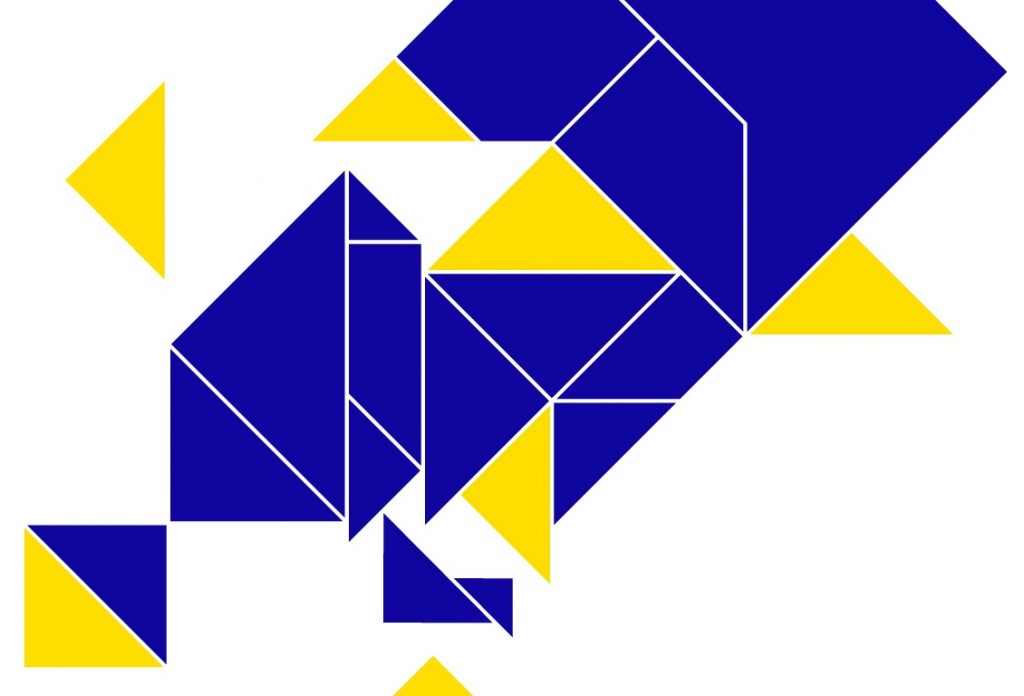
Project coordinators: Maurizio Borghi and Guy Pessach
Project description
Permitted uses of copyright works are an integral part of the copyright system. They play a key role in securing a balance between affording the copyright holder certain rights while encouraging others to use the work to build new knowledge. However, contemporary research underscores copyright’s chilling effect and users’ risk aversion even when it comes to legitimate permitted uses. The risk of being sued often outweighs the benefits deriving from permitted uses. This problem is likely to increase in the context of statutorily determined (fixed) exceptions, such as those applied under EU copyright law. The current predominant approach focuses on reducing the uncertainty of exceptions in order to minimize users’ risk aversion and copyright’s chilling effect.
Based on findings from the field of behavioural economics, our hypothesis is that users’ risk aversion when engaging in potentially permitted acts also depends on the legal nature of copyright exceptions. The closer copyright exceptions are to user rights, the more users would be inclined to take the risk when engaging in uses covered by the exceptions. The research will conduct a set of behavioural experiments that examine whether the construction of copyright exceptions in forms of fully-fledged user rights (instead of mere defences) reduces users’ degree of risk aversion.
This project is part of the Jean Monnet Centre of Excellence for European Intellectual Property and Information Rights 2018-2021, co-funded by the Erasmus+ Programme of the European Commission.
Outputs
- Maurizio Borghi “User rights in copyright law – and why they really matter”, slide presentation at University of Nottingham, 17 June 2020
- Guy Pessach “Debiasing Copyright’s Overspills – The Unforeseen Virtues of the Endowment Effect”, Working paper
- Online Content Creators Survey – Questionnaire
- Online Content Creators Survey – Results
- Online Content Creators Survey – Graphics
__________________________________






